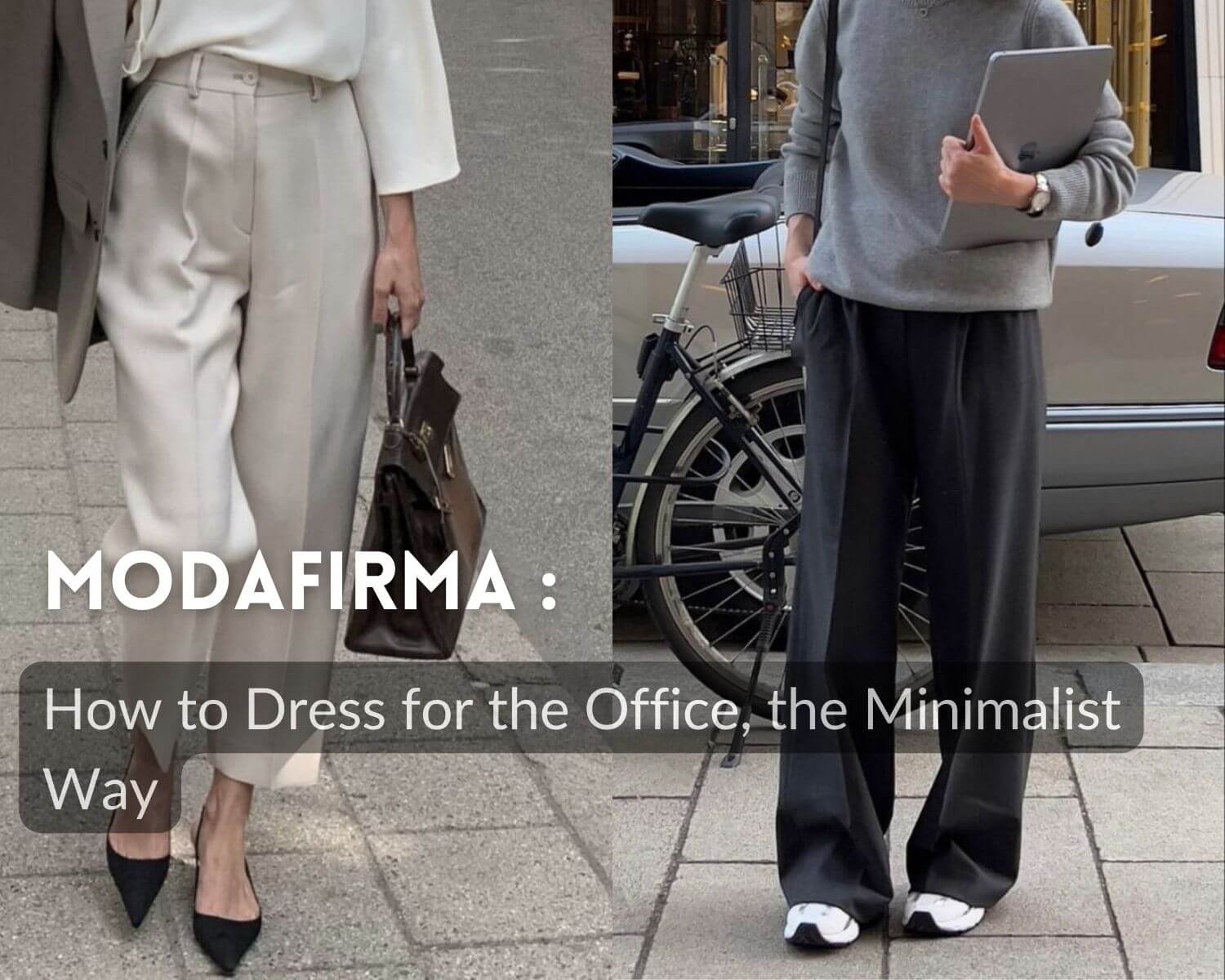Table of Contents

We’re nearing the end of the year, and as a retailer, this can only mean one thing: the winter holidays (aka: the most lucrative period of the year) are here.
Competition is always fierce during this time, and 2022 promises to be a busy one. The National Retail Federation (NRF) states that the upcoming holiday season is “expected to be healthy even with recent inflationary challenges.”
In fact, the NRF is forecasting November and December sales to increase between 6% to 8% over 2021

In an official statement, NRF President and CEO Matthew Shay says that “While consumers are feeling the pressure of inflation and higher prices, and while there is continued stratification with consumer spending and behavior among households at different income levels, consumers remain resilient and continue to engage in commerce.”
“In the face of these challenges, many households will supplement spending with savings and credit to provide a cushion and result in a positive holiday season.”
Clearly, shoppers are willing to spend during the coming weeks. So if you play your cards right, you’ll be able to capture increased sales and see higher profits in your business.
To that end, we’ve compiled a list of holiday marketing tips, examples, and ideas to inspire your efforts. Whether you’re just starting to craft your initiatives or are putting the finishing touches on your campaigns, the following pointers will help you beef up your holiday marketing.
1. Keep the “gifters” in mind
As the prime gift-giving season of the year, the winter holidays always come with plenty of consumers shopping for gifts for their loved ones. As such, now is a good time to think about the gifters who’d be interested in your products. Recognize that your target audience during this gift-giving season aren’t just the end-users of your merchandise, but the people who will be giving your products as presents.
Jewelry retailers often market to men, not because they want male consumers to use their products, but because they want to reach men shopping for jewelry for their significant other. We can see this in action in the following De Beers’ video ad on Instagram, which speaks directly to individuals who want to purchase diamonds as a Christmas gift.

“No need for a Christmas miracle,” the ad says. “Make their wish come true with De Beers. It’s not too late to find the perfect diamond gift.”
Incorporate the same strategy in your holiday marketing in 2022. In addition to marketing to your end-users, identify the “gifters” out there, and create campaigns tailored to them.
Aside from honing in on the gift-giving audience, make sure you use messaging that’s centered around the holidays. Terms like “gifts,” and “stocking stuffers” are bound to grab the attention of gift-givers, so use them liberally.
Check out this example from Tommy Hilfiger, which highlights the products that would serve as great stocking stuffers.

2. Reward early holiday shoppers
Shoppers are increasingly doing their holiday shopping early. According to the NRF, nearly half (49%) do their shopping before November. With more and more people taking care of their Christmas purchases sooner rather than later, you need to get in front of their radar as early as possible.
So, don’t wait to launch your campaigns and promotions. Start sending Christmas-related messages weeks before the day itself, and launch early bird campaigns to entice shoppers to buy.
Harry and David, for example, is running a Spend and Save sales promotion that gives early holiday shoppers discounts if they complete their purchases by a given deadline.

Securing early holiday purchases can also serve you well from a logistical standpoint. It’s better to spread out order fulfillment over a number of weeks, rather than scrambling to fulfill a huge volume of orders towards the end of the season.
3. Use data points in your holiday marketing
Tap into your retail store analytics and find ways to use the data in your marketing campaigns. For instance, tracking your bestsellers can give you a clear idea of which items shoppers want to buy. Aside from providing you with insights on which products you should stock up on, you could also weave in that data into your holiday marketing.
This is exactly what Target did in its recent holiday marketing landing page, which contains a list of the top 50 gifts “most-wished-for” kids’ gifts.

Pro tip: Vend by Lightspeed offers useful reporting capabilities to give you the info you need. We help you take the guesswork out of retail. Whether you’re looking for a high-level view of your business or want to get into the nitty-gritty details, you can get all the information you need lightning fast with reporting and analytics in Vend.

4. Ensure that your in-store displays are on-point
Get your retail store into the holiday spirit by creating holiday-centric displays. Highlight your bestsellers, set up your promotional signage, and promote a festive look and feel to put people in the mood to buy.
Check out this example from Simone & Ivy, which incorporates various Christmas elements (trees, stars, fir) to create a chic but festive merchandising display.

5. Put trending products front and center
Every season has passing trends; in order to fully capitalize on them, you need to strike while the iron is hot. This means identifying trends quickly (using retail analytics and market research) and putting together holiday marketing campaigns highlighting your trending products.
Nordstrom does an excellent job here. The company recently sent out an email with the subject line, “3 top fall trends.” In it, Nordstrom put together a quick list of relevant fashion trends, along with links taking people to their product pages.

6. Get your social game on
Social media platforms like Facebook and Instagram are huge when it comes to product discovery. A poll by Meta found that nearly 8 in 10 consumers indicated that they used a Facebook app or service for discovery during the 2020 holiday season.
We’re bound to see a similar trend this year, so make it a point to beef up your social game. Create holiday-centric social media content to engage your fans and followers.
Promote product discovery by showcasing your merchandise on social platforms and incorporating holiday-centric messaging. Take Sephora, which regularly highlights the exclusive gift sets in its catalog to entice customers to purchase presents for their loved ones (or themselves).

7. Have a dedicated holiday section in-store and online
Make it incredibly easy and convenient for holiday shoppers to find what they need by dedicating a section of your store to holiday merch or gift items.
Target, once again does a tremendous job here. During the winter season, Target sets up a “Wondershop” section in-store which serves as a one-stop shop for decor, Christmas party merch, and more.

It does something similar online by having a dedicated section on its website specifically for holiday prep.

These efforts make shopping extremely convenient at the store, giving consumers one more reason to choose Target.
See if you can perform a similar strategy in your business. Do your holiday shoppers a favor by curating relevant merchandise and dedicating a part of your store to those products.
8. Don’t forget about gift card marketing
Gift cards are always a big deal during the holiday season, and this year is no different. According to Statista, gift cards continue to be one of the top gifts that consumers spend money on during the holidays.

Carrying gift cards is a no-brainer, so stock up on them ASAP. Be sure to display them in high-traffic areas in your store, such as the checkout counter and your bestseller displays.
If you’re selling gift cards online, consider promoting gift certificates that shoppers can print out at home. They’re incredibly convenient and they can serve as a lifesaver for last-minute shoppers.
Check out this example from the tea subscription service, Sips by.

9. Consider shoppable videos
If you’re using videos as part of your holiday marketing strategy, find ways to make them more shoppable.
Doing this is easier than ever thanks to social media platforms like Instagram and TikTok introducing built-in tools for social commerce.
You can, for example, tag products on your Instagram Reels so customers can easily view and purchase them without leaving the platform.
Here’s an example of this feature in action from Rebecca Minkoff.

If you’re on TikTok, you can leverage a tool like Ecwid to enable TikTok Shopping. Simply connect your product catalog, then tag those items in your videos. Customers will see a bag icon on your videos or profile, which then allows them to view the product details and easily head to your online store.
10. Cater to local (and last minute) shoppers
The shop local movement continues to be top of mind for many consumers, which is why it pays to invest in local store marketing. Strive to reach and engage your community by launching local marketing efforts like:
- Running geo-targeted ads
- Hosting or sponsoring local events
- Localizing your stores (for multi-outlet retailers)
- Engaging with local media publications
- Doubling down on local SEO
Speaking of SEO, ensure that you’ve claimed your Google My Business (GMB) listing. If you already have a GMB profile, optimize it by sharing updated business info and by uploading photos of your store.
It also helps you display your local inventory, especially during the holiday. Shoppers often turn to local businesses to purchase last-minute gifts and supplies, so by showcasing your catalog in your Google listing, you can attract more customers into your store.
We can see this on the listing of Maxwell’s of Chelmsford, a retailer in Massachusetts that sells lawn and garden supplies, animal feed, and pet food.

Final words
The holiday season can be incredibly competitive, but with the right marketing tactics and strategies, your business can still come out on top. Go through the tips above and see how you can implement them in your business in the coming weeks.
About Francesca Nicasio
Francesca Nicasio is Vend’s Retail Expert and Content Strategist. She writes about trends, tips, and other cool things that enable retailers to increase sales, serve customers better, and be more awesome overall. She’s also the author of Retail Survival of the Fittest, a free eBook to help retailers future-proof their stores. Connect with her on LinkedIn, Twitter, or Google+.






